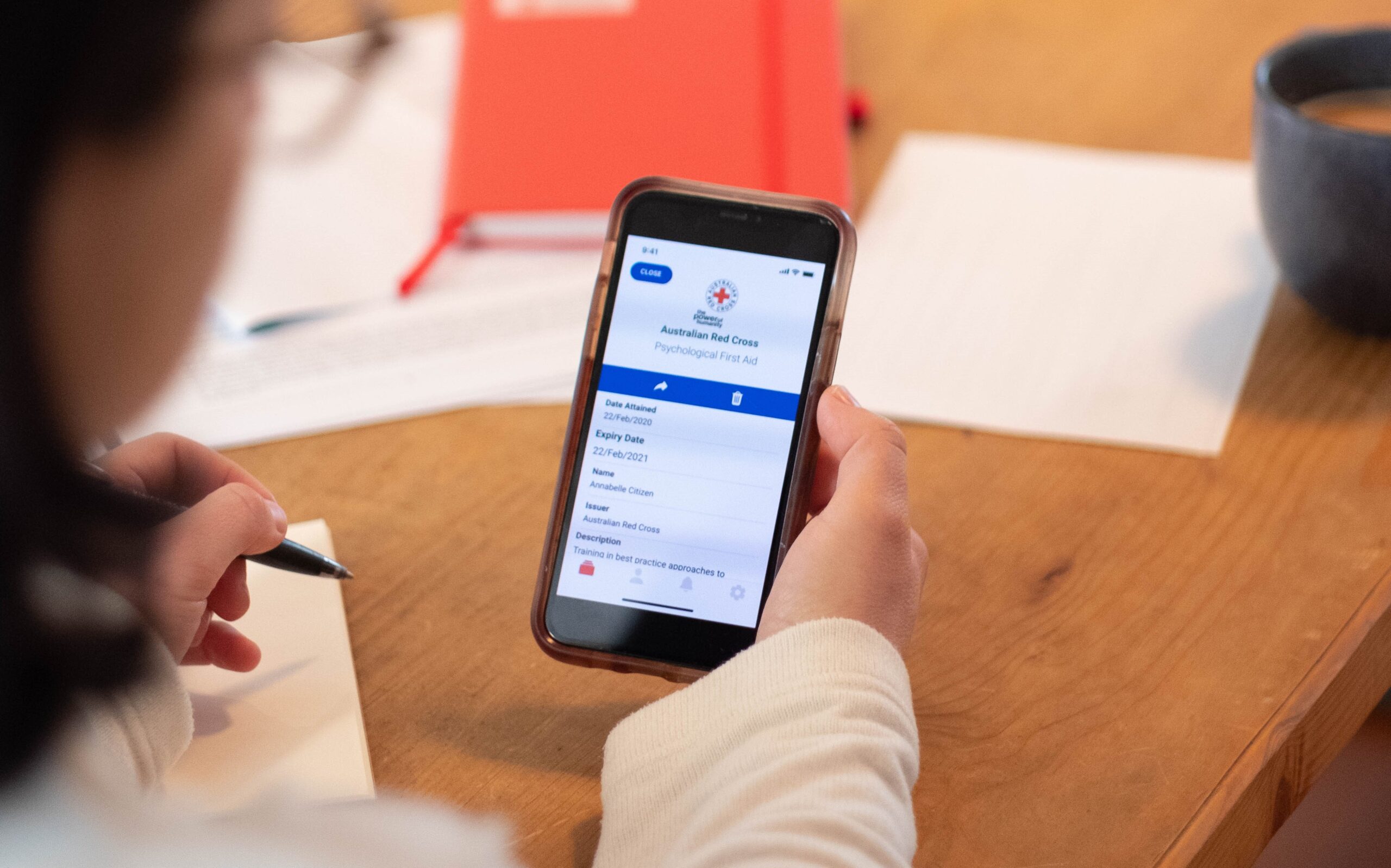Traverse: an Australian Red Cross case study of the creation, design, and end of a digital identity platform

There is a long-standing challenge within the humanitarian sector – the slow process of onboarding and managing staff and volunteers for rapid deployment during a crisis. Australian Red Cross led an effort to solve this by establishing a verifiable digital credentials solution in order to remove some of the structural barriers and administrative burdens to onboarding.
The solution, Traverse, intended to offer a verified identity platform for the humanitarian sector that would address a gap in the market for an ethical, user-centric, portable, and secure platform. This decentralised, self-sovereign approach was selected because it was seen as a way to give users ownership over their own data and control over how credentials are shared, while making it easier for participating organisations to onboard staff and volunteers.
Despite producing a blockchain and verificable credential-based web and mobile application, Australian Red Cross closed Traverse in 2021 when it encountered a number of critical challenges. Although Traverse was shut down, it provides important lessons for Red Cross and the wider humanitarian sector on the use of blockchain and verifiable credential technologies, and how the sector may approach developing and adopting innovative technologies more broadly.
